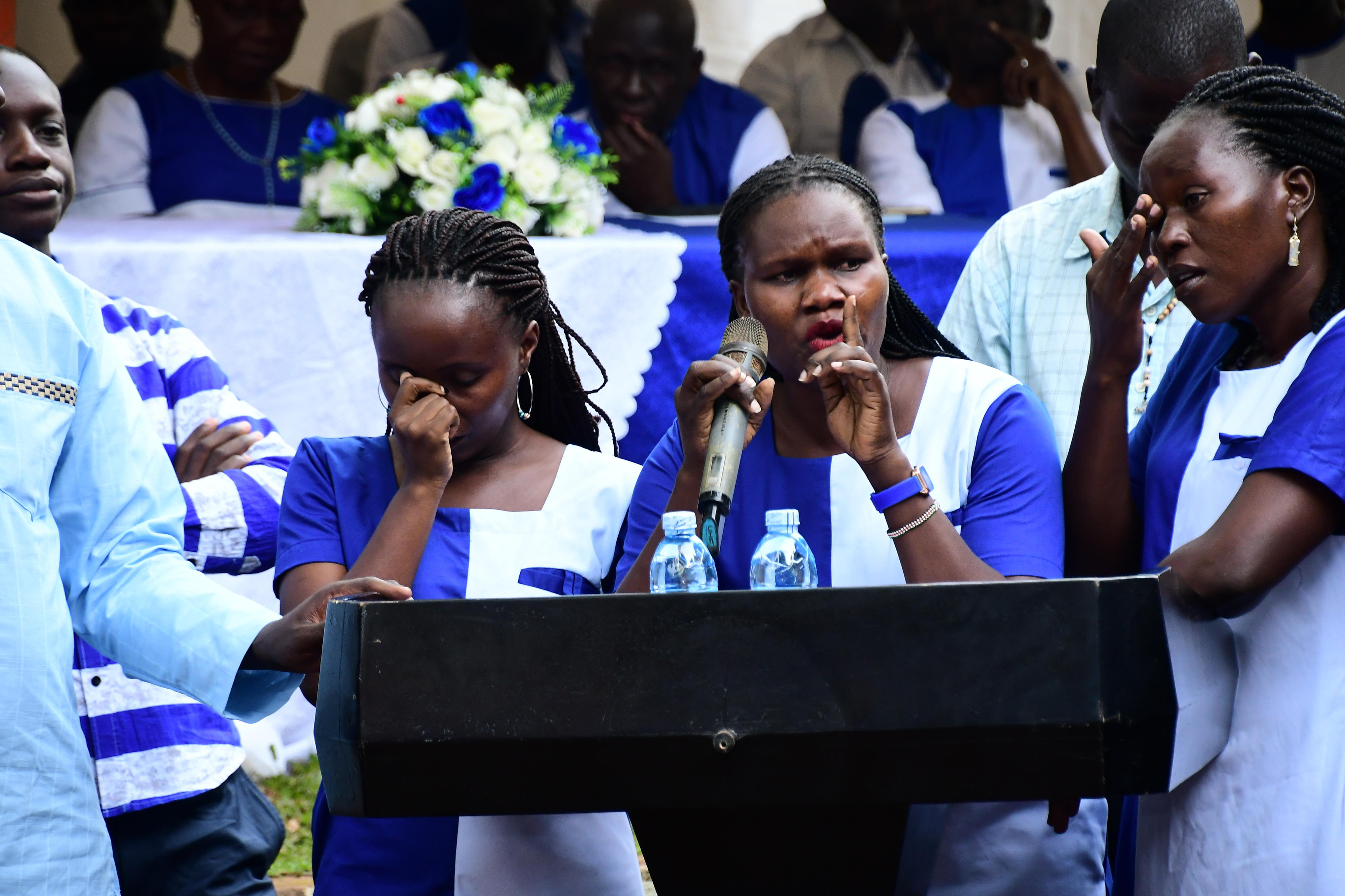Prime
My VW Golf shakes, stops at junctions

What you need to know:
- If the timing is slightly wrong the whole performance fails. Engine timing can be wrongly adjusted during timing belt and chain replacement or wear. You need a skilled mechanic to investigate and rule this out as well as use correct timing reference data to fix this problem.
My VW Golf iii has developed a problem. It drives reasonably but when I stop at a junction or turn , it shakes and suddenly stops. What could be the problem? A mechanic has suggested engine replacement. Lillian K.
Hello Lillian, your Volkswagen should operate smoothly during drives or idle at stops. When the engine shakes and stops or stalls during idle at slow turns or traffic stops it may be under powered or could have a misfire. Rule of thumb for any internal combustion engine there must be ample supply of clean unrestricted fuel and air.
There must be instantaneous spark for prompt ignition and no leakage of vacuum to stabilise the engine. Its just like your charcoal stove (sigiri) which cooks efficiently if you use good charcoal (fuel), a match stick (ignition) and unristricted but controlled air intake.
Areas to investigate that can lead to engine power down or stalling.
1. Possible leaking engine air intake probably due to a loose or damaged intake pipe between the air flow meter and throttle valve. This will affect air fuel ratios for combustion. Unmetered air will affect the engine management system which will use wrong values to deliver wrong amounts of fuel.
2. Leaking vacuum hoses. Engine vacuum from the crankcase ventilation system is used to stabilise the engine. When this vacuum leaks due to aged, torn or loose hoses it can lead to erratic idling and loss of engine power.
3. Bad throttle idle air control valve. This is crucial for balancing air intake and stabilising engine smooth running.
4. Bad spark plugs or ignition coils. These will affect combustion and lead to loss of power.
5. Poor fuel supply due to a dirty fuel filter, dirty fuel injectors or a damaged fuel pump. A restricted fuel system is similar to a clogged shower head which affects your bathing experience.
6. On the odd occasion distorted or wrong engine timing can lead to engine power loss.
Engine timing helps to synchronise air and fuel intake, compression of air fuel mixture as well as ignition with spark. Timing is like a well conducted sympgony orchestra. If the timing is slightly wrong the whole performance fails. Engine timing can be wrongly adjusted during timing belt and chain replacement or wear. You need a skilled mechanic to investigate and rule this out as well as use correct timing reference data to fix this problem.




